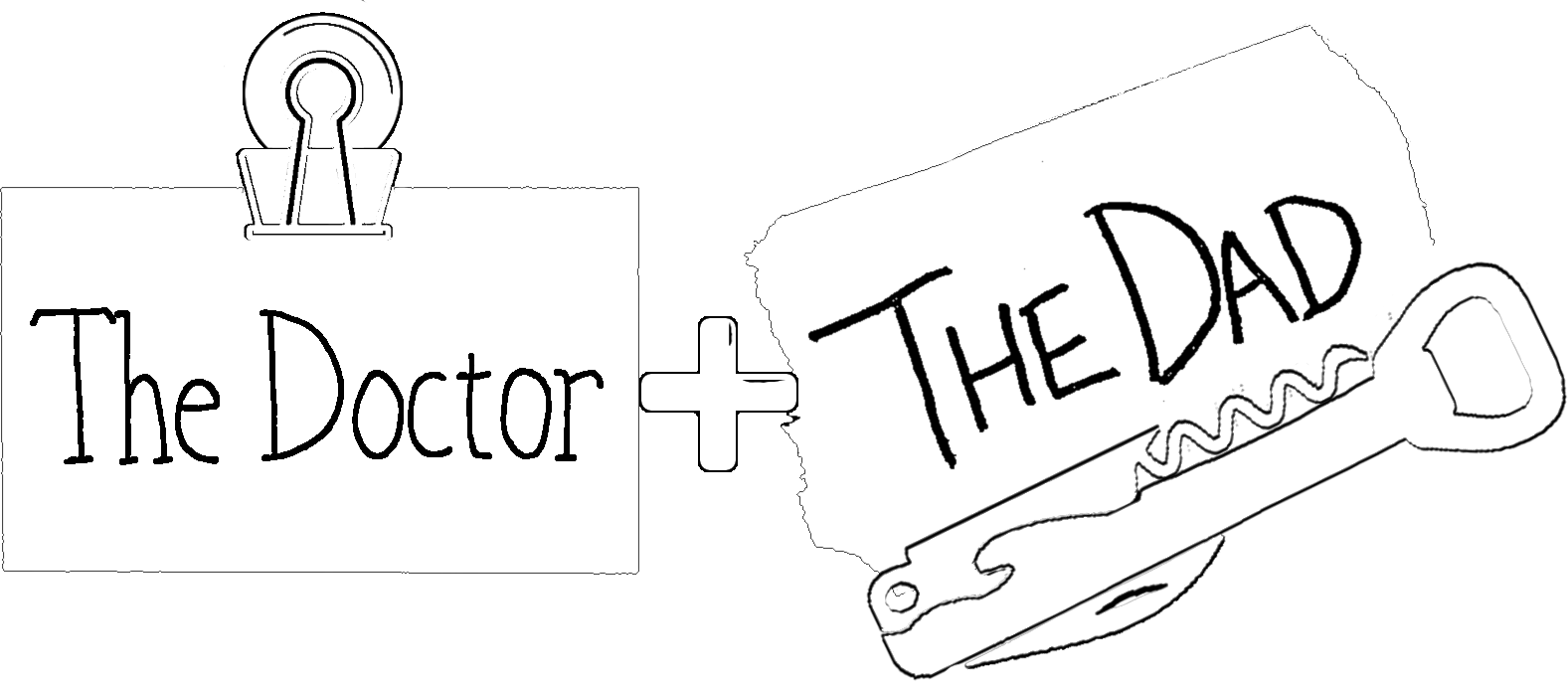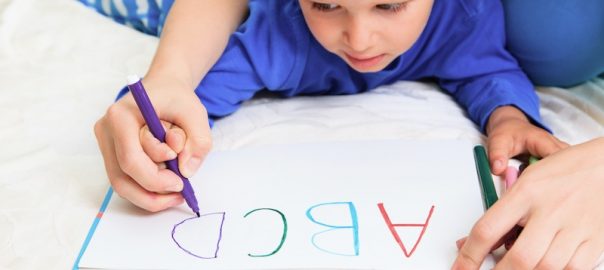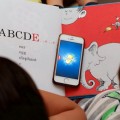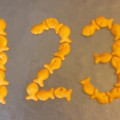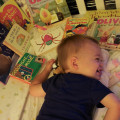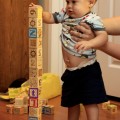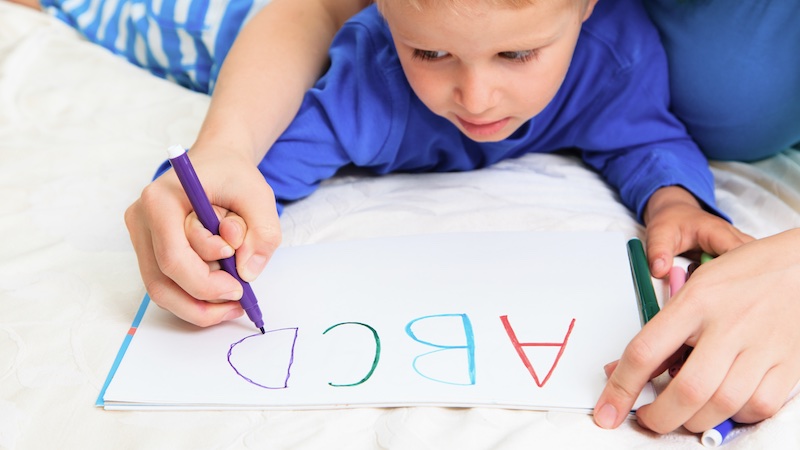
Today’s “Ask the Doctor + the Dad” question comes from a parent with big concerns about her little kiddo:
At age 3, is it concerning when a child can’t recognize letters? My son’s preschool teacher mentioned that other kids in the class already know them. I have an older child, but I can’t remember when she started recognizing letters.
– Jenn
Hi Jenn! First, as the parents of three kids ourselves, it doesn’t surprise us one bit that you can’t remember precisely how old one of your kids was when she started learning the alphabet. We can’t remember what any of our kids ate one snack time ago. So there’s that. Second, the isolated fact that your three-year-old child doesn’t know letters yet is not concerning to us at all. Especially since you care enough about it to ask!
There’s great variability in the academic skills that preschoolers have. And no two kids will learn at exactly the same pace – so no need to compare your son’s progress to his classmates’ or his sister’s. It’ll just create unnecessary stress for both of you.
Plus, come on. It’s called preschool for a reason, people. Actual school hasn’t started yet. If your child is simply getting some experience socializing with other kids, and learning how to behave himself in a structured classroom setting, he’s deserving of the Pre-School Dean’s List in our book.
But we are glad you asked about your little one’s alphabet skills, because it’s important to keep in mind that kids with better basic language and literacy skills at the start of kindergarten tend to fare better academically throughout the rest of their school years.
So knowing lots of words, recognizing letter names and sounds, and even writing some letters and numbers could be important things for your child to practice before actual school starts.
The good news? Since your child is only three, you’ve got plenty of time to prepare!
The better news? Building your child’s language and literacy skills can be easy and fun! Here’s all you have to do:
A. Instill a love of reading and learning
This is the most important thing any parent can to do help their children get a head start academically. The vast majority of lessons your kids learn in school will involve reading something – even in classes like science and math. So the more joy you can create as a family around the act of reading, the more interested your child will be in it.
Start by spending more time reading together for fun – and having conversations about all the books, words and letters your child sees. Avoid flashcards, drills, pressure and anything else that might take the joy out of your practice.
B. Use your child’s initial as a “gateway” letter
If your child is like pretty much every other kid ever, the first letter of his name holds special significance for him. So help your little one find it on signs, build it out of clay, and think of other words that start with it.
By building up his recognition of that one special letter, you’ll eventually increase his interest in learning about all the other letters that are out there. And have a lot of fun in the process, too!
C. Try some toys
There are lots of great letter-related toys and puzzles out there. Our favorite is this simple puzzle from Melissa and Doug. Since there are pictures of a related word under each letter (like a zipper under the Z), the puzzle provides lots for you and your child to talk about.
Remember to play together to maximize your child’s learning. No matter how educational a toy might be, most of what your child learns will actually come from interacting with you – and not from the toy itself.
F. Don’t worry about making mistakes
If your kid mistakes a V for a W, an R for a P, or a D for an F, don’t sweat it at all. Always be encouraging, telling your child how cool it is that he’s working on reading letters at all – then point out what the right answers are in the most positive way possible!
